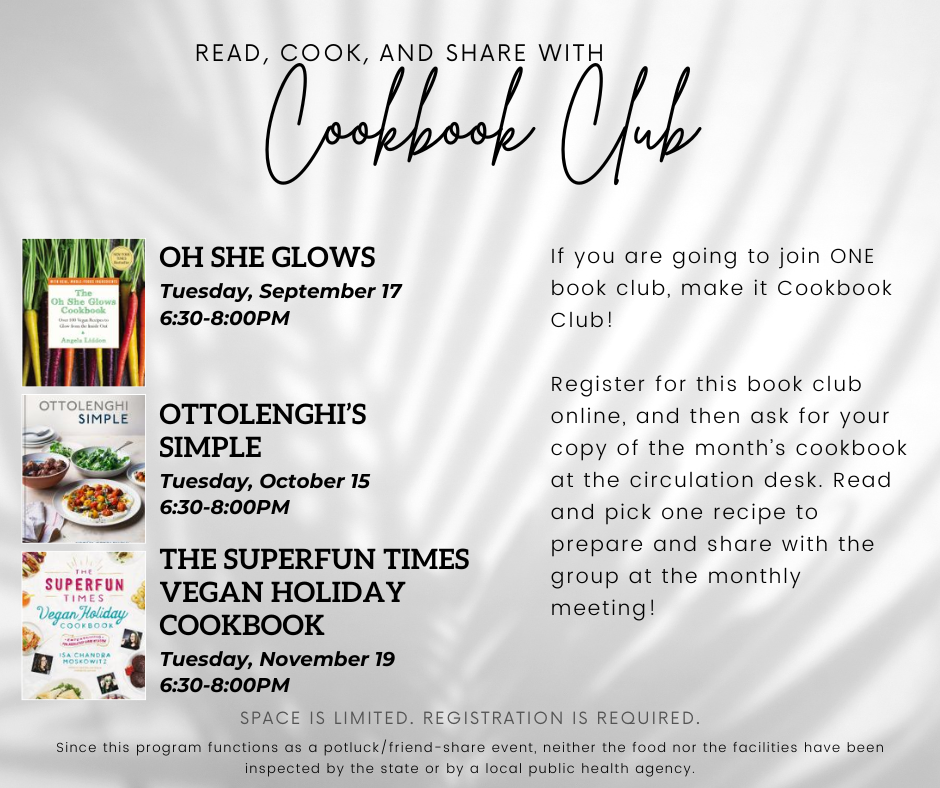
- This event has passed.
Author Erica Cirino Discusses “Thicker Than Water The Quest for Solutions to the Plastic Crisis” ON ZOOM
September 18, 2023 @ 7:00 pm - 8:00 pm

This is a presentation on Erica’s findings and current work communicating science-backed facts and solutions to the plastic pollution, featuring original reporting, research, and images from the frontlines of the plastic crisis (including from the middle of the Great Pacific Garbage Patch).
About the Book:
Much of what you’ve heard about plastic pollution may be wrong. Instead of a great island of trash, the infamous Great Pacific Garbage Patch is made up of manmade debris spread over hundreds of miles of sea—more like a soup than a floating garbage dump. Recycling is more complicated than we were taught: less than nine percent of the plastic we create is reused, and the majority ends up in the ocean. And plastic pollution isn’t confined to the open ocean: it’s in much of the air we breathe and the food we eat.
In Thicker Than Water: The Quest for Solutions to the Plastic Crisis, journalist Erica Cirino brings readers on a globe-hopping journey to meet the scientists and activists telling the real story of the plastic crisis. From the deck of a plastic-hunting sailboat with a disabled engine, to the labs doing cutting-edge research on microplastics and the chemicals we ingest, Cirino paints a full picture of how plastic pollution is threatening wildlife and human health. Thicker Than Water reveals that the plastic crisis is also a tale of environmental injustice, as poorer nations take in a larger share of the world’s trash, and manufacturing chemicals threaten predominantly Black and low-income communities.
There is some hope on the horizon, with new laws banning single-use items and technological innovations to replace plastic in our lives. But Cirino shows that we can only fix the problem if we face its full scope and begin to repair our throwaway culture. Thicker Than Water is an eloquent call to reexamine the systems churning out waves of plastic waste.
About the Author:
Erica Cirino is a science writer and artist exploring the intersection of the human and nonhuman worlds. Her widely published photojournalistic works depict the numerous ways people connect to nature—wild creatures in particular—and shape planet Earth.
This program is sponsored by the Friends of the Ashland Public Library and in partnership with a multitude of MA libraries.
Register here.


